Divers find remains of a MIG-15 in a lake
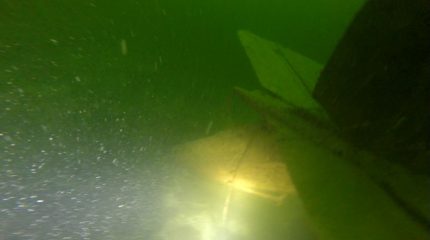
Divers exploring the Miedwie lake near Stargard, North-West Poland, discovered remains of a MIG-15 jet fighter.

Divers exploring the Miedwie lake near Stargard, North-West Poland, discovered remains of a MIG-15 jet fighter.

Construction workers clearing an area at the Hein-Klink-Stadion in Hamburg, Germany uncovered a huge swastika made of concrete, dating back to the 1930s.
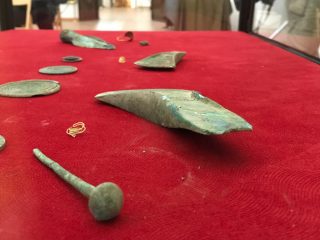
The first Bronze Age cemetery site in the region was discovered near Dobre Miasto, Northern Poland, as artefacts dating back to the 27th cent. BC were unearthed.
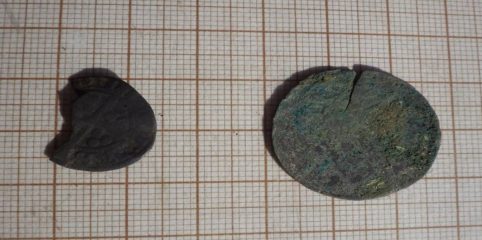
A rare papal bull of the 15th-cent. antipope Benedict XIII was unearthed by archaeologists at the Grodno Castle, South-West Poland.
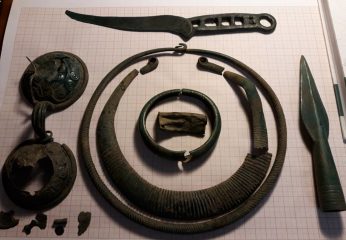
A cache of artefacts dating back to the 10th century BC was unearthed by a farmer in his field near Kamień Pomorski, North-West Poland.
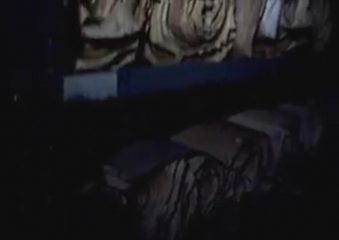
Construction workers discovered a walled up room during renovation works at a former textile plant in Bolków, South-West Poland. The room was filled with tens of documents dating to the 1940s.
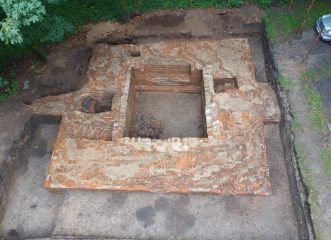
Archaeologists finished the ninth season of excavations of the Teutonic Order’s castle in Człuchów, North Poland, revealing remains of a rectangular tower which contained many surprises.

Archaeologists believe to have unearthed the grave of Zygmunt Sierakowski, one of the leaders of the January Uprising (1863-1864) against the Russian Empire, at the Gediminas Hill at the Old Town of Vilnius.
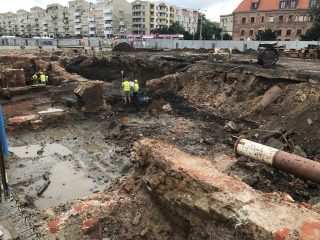
Excavations by the Nowy Targ (New Market) town square in Wrocław, Poland, unearthed remains of Medieval houses and artefacts revealing how the city looked before destruction during World War 2.

Nearly 10000 people had to be evacuated from the areas of Zaścianek and Grabówka near Białystok, North-eastern Poland, due to the discovery of a 500kg air bomb. The bomb was removed but a next one was found few days later at the same site.
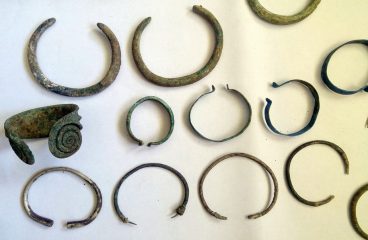
Customs officers foiled a smuggle attempt of Prehistoric artefacts at the crossing between Poland and Belarus in Bobrowniki, East Poland. The artefacts were hidden in the fuel tank of the car.
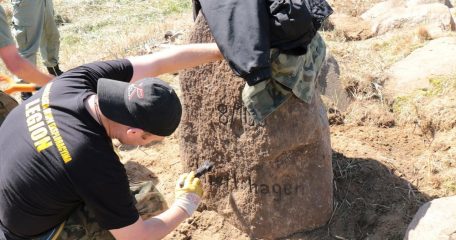
Team of explorers uncovered numerous large stones with German inscriptions along with a mysterious bottle with a letter inside near Przemków, South-western Poland. The finds are believed to date to World War II when German youth camps operated in the area.
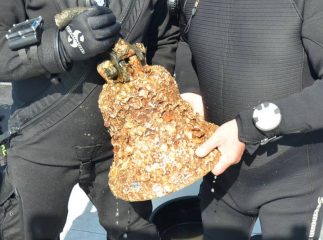
A international expedition of researchers and divers has recovered the bell of ORP Kujawiak, a destroyer escort vessel which was sunk during World War II off shore of Malta.
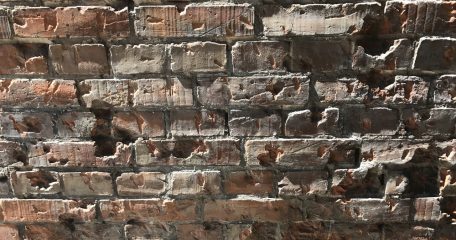
Archaeologists discovered an execution wall with bullet marks hidden under plaster at a former detention centre in Warsaw that was used by the communist regime to incarcerate and exterminate Polish underground freedom fighters during 1945-1955.
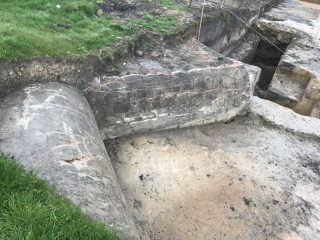
Archaeologists excavation the area of a hill by the Świętoduska street, just behind the Town Hall in Lublin, East Poland, unearthed a previously unknown German WW2 bunker and remains of fortified firing positions.
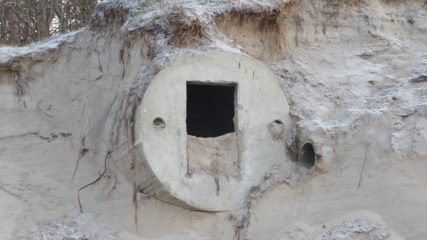
Recent storm that struck the western beach in Kołobrzeg, north-western Poland, revealed concrete structures at the shore. The structures were identified as part of the bunker system built in 1950s.
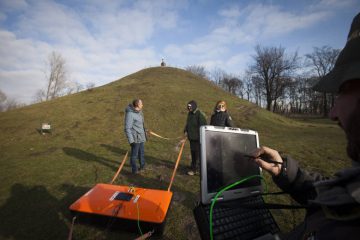
Archaeologists and geophysicists conducted non-invasive survey over the Wanda Mound in Nowa Huta, near Kraków, Poland. The survey was a part of a larger project of investigating the structure of the mound and its origin.
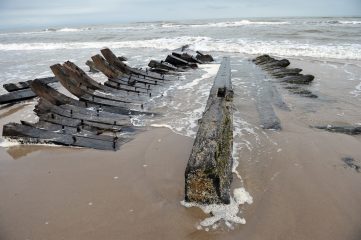
Heavy winds and stormy weather caused the sea to reveal a wreckage of a 19th century ship. The wooden remains are 27 long and resurfaced on the shores near Międzywodzie, Wolin island, north-western Poland.
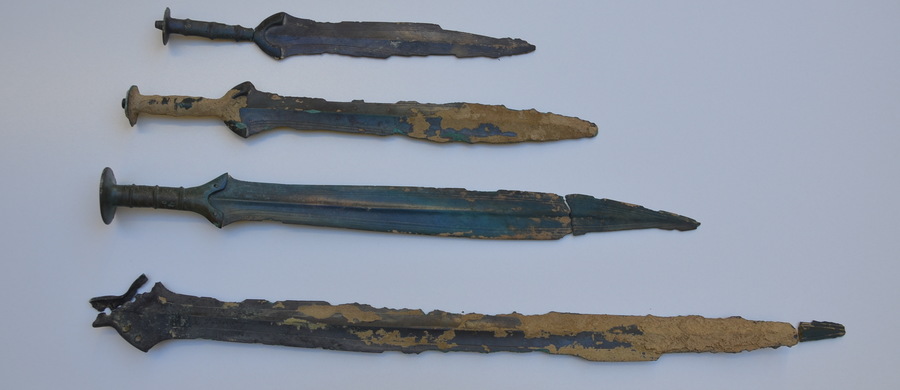
A discovery of four bronze swords as old as 3000 years were found in Southern Poland by teens gathering mushrooms. Archaeologists from the Karpacka Troja open-air archaeological museum in Trzcinica and regional Heritage Office has been informed and inspectors went to the discovery site near Nowy Żmigród.